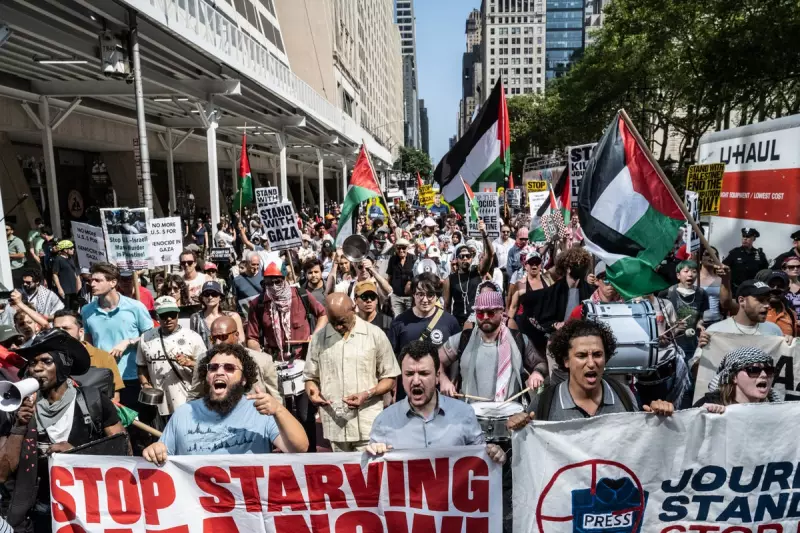
In a legal battle that strikes at the very heart of American free speech, former President Donald Trump is facing a formidable lawsuit from civil rights attorney Jenin Younes. The suit alleges that Trump directly orchestrated her arrest for a silent, peaceful protest at a 2020 campaign rally, a move described as a blatant violation of the First Amendment.
The incident, which has now ignited a federal court case, occurred in Burlington, Vermont. Ms. Younes, an attorney with the renowned ACLU’s Project on Speech, Privacy, and Technology, stood silently during Trump's speech, holding a sign that read, "Trump supports rape." The protest was a response to comments Trump had made defending then-Supreme Court nominee Brett Kavanaugh against sexual assault allegations.
The Chilling Effect on Free Speech
The lawsuit posits a bold legal argument: that Trump, as a presidential candidate, acted under ‘colour of state law’ by commanding his private security detail and local law enforcement to remove critics. This, the suit claims, transforms a private event into an official state action, making Trump accountable for constitutional violations.
"This case is about ensuring that no one, not even a president, can use the power of the state to silence their critics," Younes stated. Her legal team aims to establish a precedent that prevents future candidates from employing police forces as instruments of censorship at public political events.
A Pattern of Behaviour
The filing meticulously details a history of Trump encouraging the removal of protesters from his rallies, often documented by his public statements and tweets. This specific case argues that his actions were not isolated incidents but part of a systematic effort to suppress dissent and create a curated, supporter-only audience.
The lawsuit names both Trump and the city of Burlington as defendants, seeking damages and a definitive judicial ruling on the constitutional limits of a candidate's authority at campaign events.
Broader Implications for Democracy
Legal experts are watching closely, as the outcome could redefine the boundaries between private action and state authority in the political arena. A success for Younes could empower citizens to challenge heavy-handed tactics against protesters, reinforcing that campaign rallies are a vital forum for public political discourse, not zones immune from criticism.
The case continues to develop, serving as a stark reminder of the ongoing tensions between political power and the protected right to dissent in the United States.





